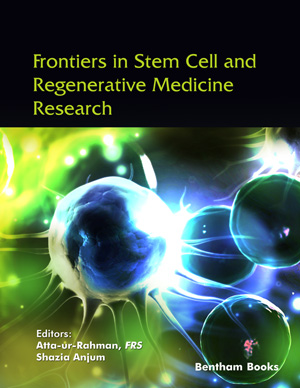Abstract
Certain aspects of tumors that may influence areas of basic biology and medicine are reviewed. The hypothesis that malignant stem cells evolve from normal stem cells, is considered. Information is being accumulated on the possibility that certain cell populations that can be propagated as cell lines in vitro can produce cells with features of differentiated cells in addition to others that maintain the line and, in some cases may also initiate tumor formation in vivo. Up to the present time, there is evidence to show that cancer stem cells persist in many cell lines. Tyrosine kinase inhibition produces combinations of autophagy and apoptosis in the human erythroleukemia cell line TF-1 hinting at a heterotypic aggregation of cells containing cancer stem cells. Finally, the mechanisms of cancer development, invasion and metastasis are operatively defined. The purpose of this paper is to review some of the salient features of cancer stem cells in support of the proposal that research in neoplasia be increased. Rather than presenting details of various studies, we have attempted to indicate general areas in which work has been done or is in progress. It is hoped that this survey of the subject will demonstrate a variety of opportunities for additional research in human neoplasia.
Keywords: Tumor, tumor-initiating cell, cancer stem cell, neoplasia, metastasis, autophagy, apoptosis, Tyrosine kinase inhibition, carcinogenesis











